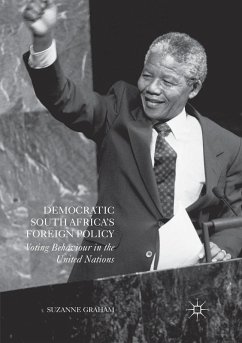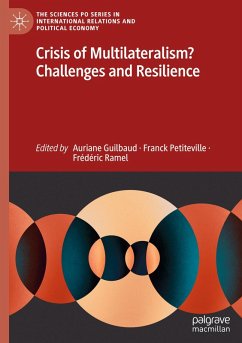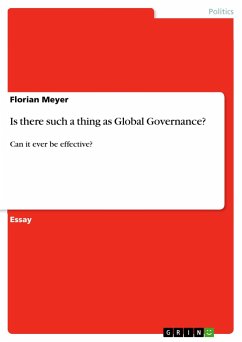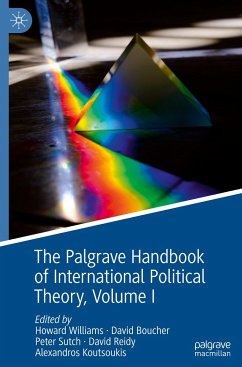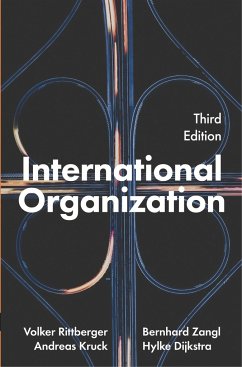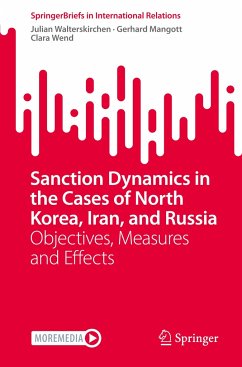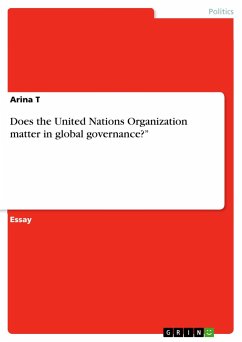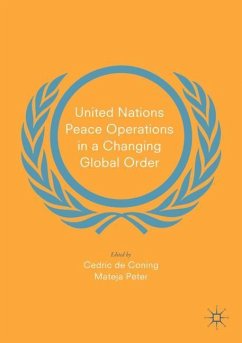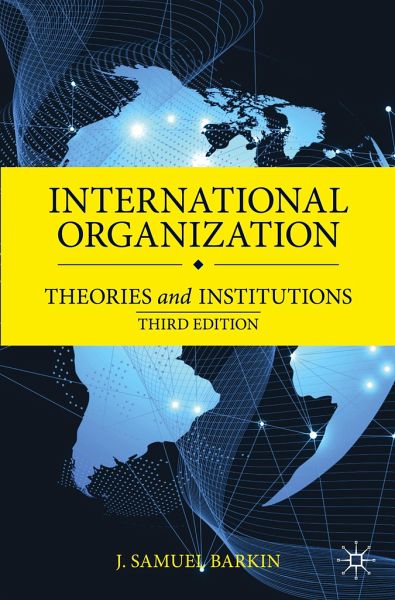
International Organization
Theories and Institutions

PAYBACK Punkte
27 °P sammeln!
This comprehensively revised and updated edition offers an introduction to international organizations (IO) theory in the field of IR. It looks at the different ways in which IOs are studied and then applies these different modes to a variety of specific case studies.The book is written as a primer for students studying global governance and IR theory. It highlights analytic tools available to understand what IOs are designed to do, how they work, what effects they have, and how to design them better. It goes beyond simple questions of whether IOs matter, and looks at the ways in which the dif...
This comprehensively revised and updated edition offers an introduction to international organizations (IO) theory in the field of IR. It looks at the different ways in which IOs are studied and then applies these different modes to a variety of specific case studies.
The book is written as a primer for students studying global governance and IR theory. It highlights analytic tools available to understand what IOs are designed to do, how they work, what effects they have, and how to design them better. It goes beyond simple questions of whether IOs matter, and looks at the ways in which the different analytical tools developed within the rubric of IO theory are useful for answering different questions about the role of IOs in international politics.
The book is written as a primer for students studying global governance and IR theory. It highlights analytic tools available to understand what IOs are designed to do, how they work, what effects they have, and how to design them better. It goes beyond simple questions of whether IOs matter, and looks at the ways in which the different analytical tools developed within the rubric of IO theory are useful for answering different questions about the role of IOs in international politics.





